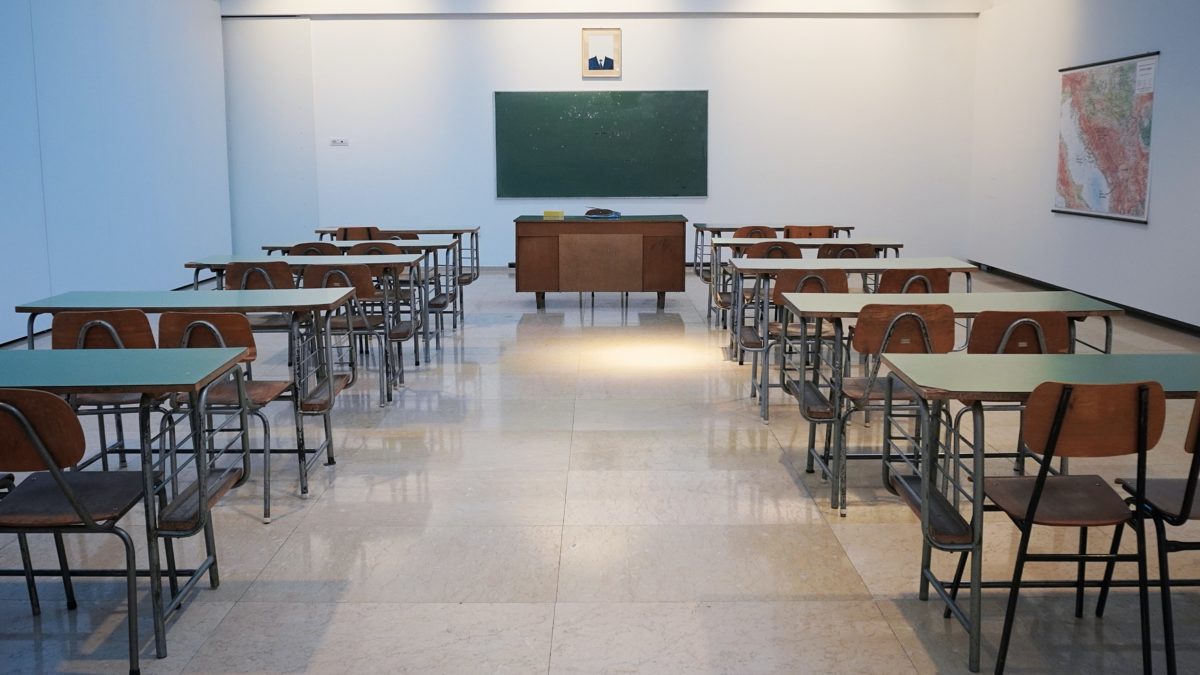Public education workers in Ontario have raised alarms on the upcoming school year. Frontline education workers with the Canadian Union of Public Employees Ontario (CUPE) have expressed frustration with Education Minister Stephen Lecce, as they expect him to “avoid students, workers, and real classrooms for another year.”
The union unveiled a list of questions they had for Minister Lecce in a public release on Monday.
“Why do you think financial literacy should be a requirement for students when you and your government do not seem to understand the effect of inflation on the value of a dollar over time – and the resulting school board service cuts when you fail to increase funding enough to keep up with the rising cost of expenses?” the release reads.
According to research by the Canadian Centre for Policy Alternatives, funding per student in the 2023-2024 school year will be $1,200 less than the 2018-2019 school year. This is a result of inflation rising by 17.3 per cent since 2018, while funding for schools only rose by 6.8 per cent.
The underfunding of schools, outlined here by CUPE Ontario, is the backdrop for ongoing negotiations between multiple teachers’ unions and the government.
The Elementary Teachers’ Federation of Ontario (ETFO), the Ontario English Catholic Teachers’ Association (OECTA), the Ontario Secondary School Teachers’ Federation’s (OSSTF) and the union for teachers in the french school system, l’Association des enseignantes et des enseignants franco-ontariens (AEFO), are all in the midst of bargaining for their next collective agreement with the government of Ontario.
There is a lot on the line for educators during this round of bargaining. ETFO, OECTA and AEFO have released a joint statement urging the government to address increased violence in schools, resources and supports for student mental health, teachers’ use of professional judgement and the teacher shortage at the bargaining table. However, these unions are facing mounting pressure to go into binding arbitration.
This comes following OSSTF’s decision to bring a proposal from the Ontario government to a membership vote. The proposal lays out a plan for the union and the government to engage in bargaining until October 27. Once bargaining concludes, outstanding issues will be sent to binding arbitration to be resolved.
Minister Lecce has suggested that other unions should enter into a similar agreement, but the ETFO, OECTA and AEFO say applying such an agreement across bargaining tables would result in a “one-size-fits-all” approach that does not account for the different needs of different teachers.
“Entering into binding arbitration at this juncture would not support the students we serve in elementary and secondary schools –” reads a joint statement from the three unions, “as binding arbitration would all but guarantee that the key issues we have brought forward at our respective bargaining tables, which are critical to learning and working conditions in our schools, would not be addressed.”
ETFO and OECTA are both set to take strike votes in the fall. While the AEFO has not set dates for strike votes, the possibility is not off the table.
The fight ahead is not only for a fair collective agreement for teachers, but for better learning conditions in public schools.
“The frontline teachers and education workers represented by AEFO, ETFO, and OECTA will continue to work toward achieving fair, negotiated agreements that defend and protect publicly funded education, and support all students, educators, and families in this province,” the unions wrote in their release.



